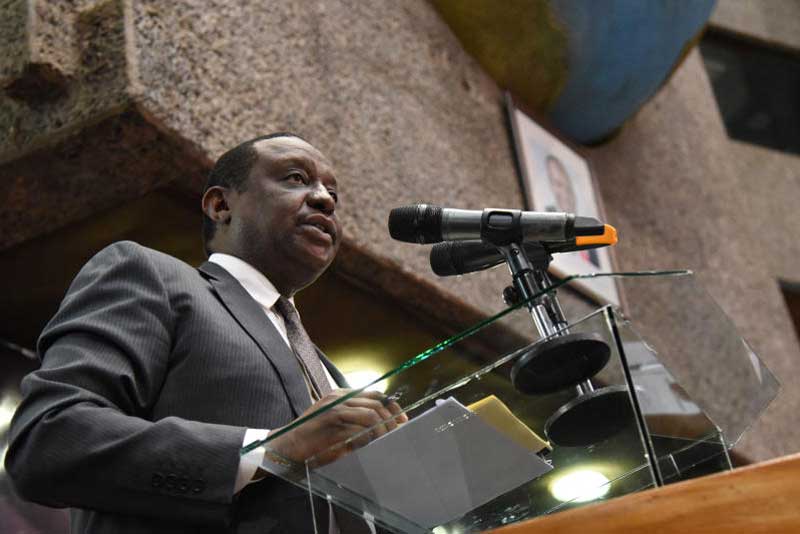×
The Standard e-Paper
Stay Informed, Even Offline

The National Treasury has unveiled stringent tax exemption guidelines, with focus on the role of accounting officers in State entities.
To curb fraudulent tax refund claims, National Treasury Cabinet Secretary Henry Rotich has told accounting officers they would be personally responsible for all requests on tax exemptions and waivers.